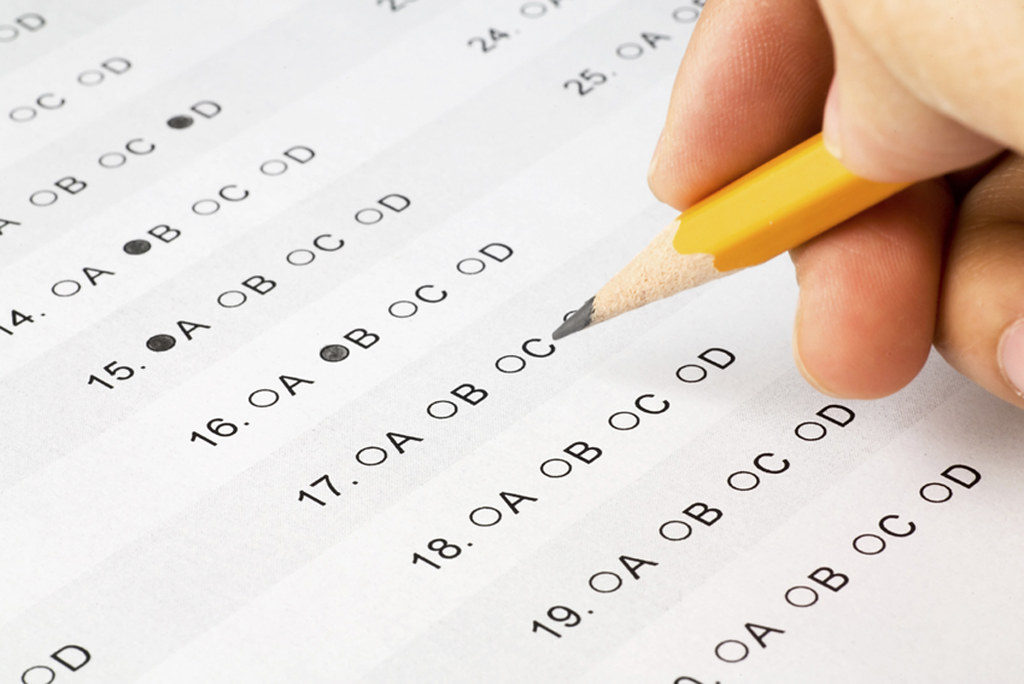The Autism Spectrum Quotient Test, or “AQ test” for short, is a 50 question test that provides a rough representation of how many autistic characteristics a person is showing. At the end of the questionnaire, a score is generated that indicates if a person is on the spectrum or not. The range of scores goes from 0 to 50 with anywhere from 33-50 indicating “significant Autistic traits”. Personally, I scored a 39 out of 50 which bodes well for the accuracy of the test in my case as I do, in fact, have Asperger’s (High Functioning Autism).
Note: The AQ test is not an official diagnosis. At best, it is a tool to explore suspicions or to quell curiosity.
For those interested in taking the test click the following: AQ Test
What is the AQ test based upon?
In 2001, Simon Baron-Cohen and others at the Autism Research Center at Cambridge designed the 50 question test that came to be known as the Autism quotient test. The stated intent of this test is to check adults with “average intelligence” for signs that they might possess autism.
Primarily the test questions cover the following five topics to test for autistic traits:
1) Social Skills
2) Communication Skills
3) Imagination
4) Attention to Detail
5) Tolerance of Change in Routine
Answers to each of the questions are in “force-answer” format, meaning that there are only four possible answers (as is obvious when the test is opened). Aside from that, the actual merit of the test is derived from tests conducted on control groups by the creators of the test. In fact, they found that 80% of those previously diagnosed to be on the autism spectrum received a score of 32 or higher, strongly suggesting the test holds significant accuracy.
I would like to stress again that the AQ test should always be followed up with getting an official diagnosis (or lack thereof) from a medical professional if the test results have you worried one way or the other
Conclusion
I understand that this is an absurdly short post, but there really is nothing else to say about this test! With your newfound time, I would highly recommend each of you readers to go and take this test for yourself, whether you are diagnosed or not, to get a better understanding of autism all around.
Until next time!
-Luke

